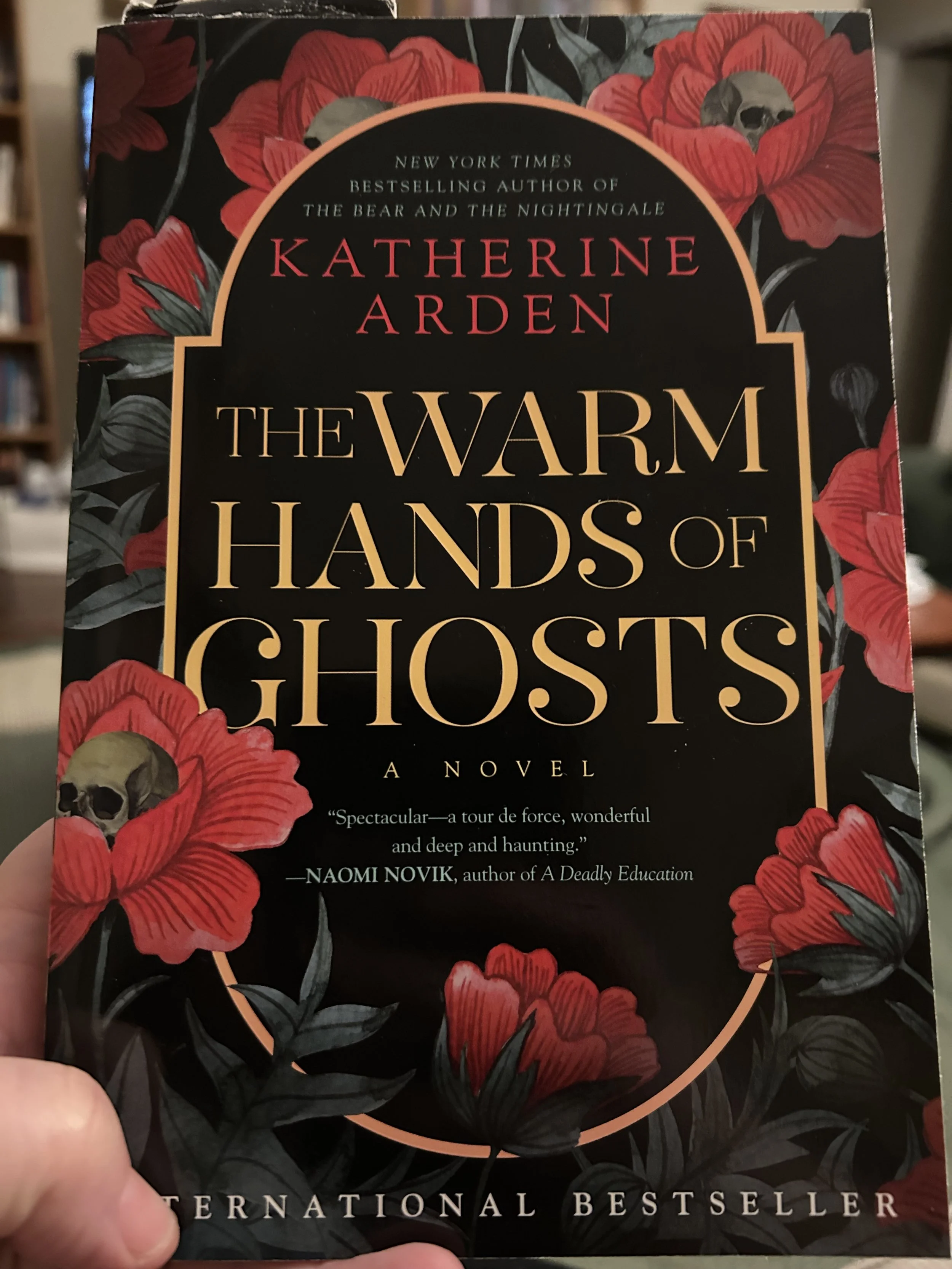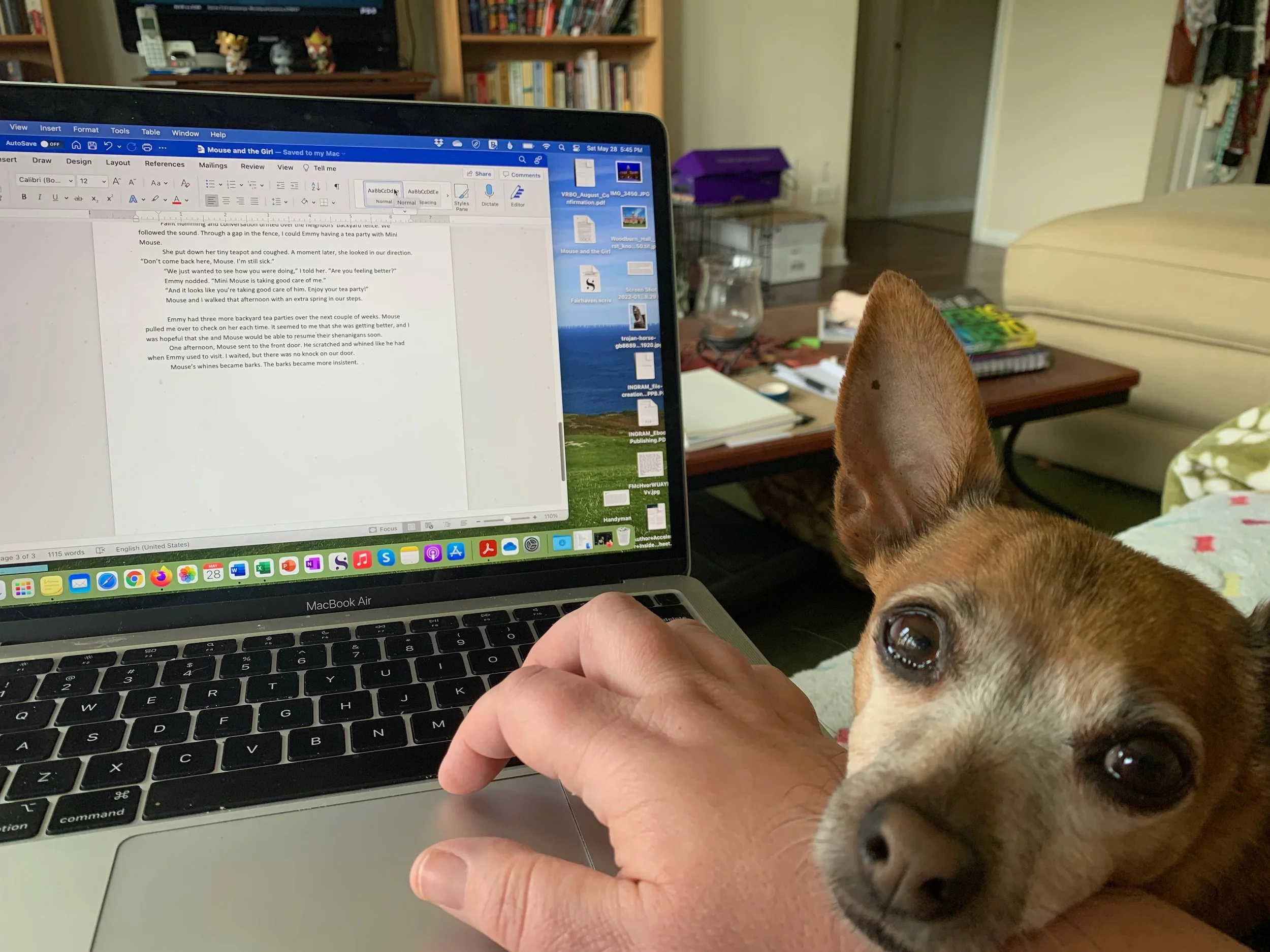The best book I read this month was a haunting story by Katherine Arden called The Warm Hands of Ghosts. I picked up the book for two reasons: I loved Arden’s The Bear and the Nightingale and this book was set during World War I, one of my favorite settings for historical fiction. I was not disappointed. In fact, The Warm Hands of Ghosts rocketed past The Bear and the Nightingale to become my favorite of Arden’s books.
The story deals with loss, both at the war’s western front and in Halifax in the aftermath of the 1917 explosion. Some of the characters have turned to spiritualism to cope with their losses. The main character, Laura, turns to work. She is combat nurse who was sent home after being injured in a bombardment. When her brother goes missing at the front, she returns to duty to search for him.
On their journeys, both Laura and her brother cross paths with a mysterious violin-playing hotelier who offers escape from the horrors of their lives. That escape, of course, comes at a price.
But there is more than just loss and horrors in the story. There is also love: familial love, romantic love, and platonic love. It’s a rich tapestry in a dark story that ends on a note of hope.








